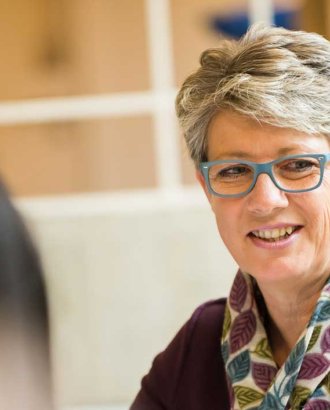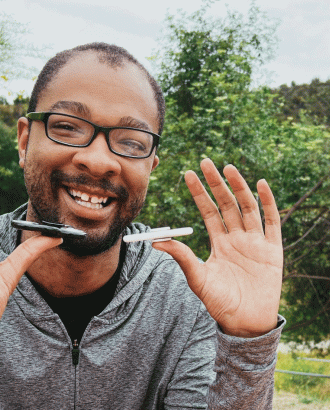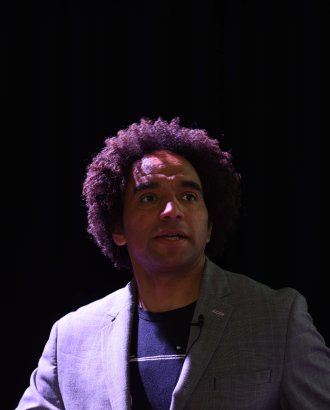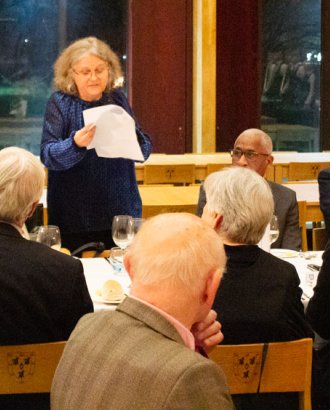Overnight, very
Whitely, discreetly,
Very quietly
Our toes, our noses
Take hold on the loam,
Acquire the air.
Nobody sees us,
Stops us, betrays us;
The small grains make room.
An experience I had directly after a supervision two weeks ago remarkably captures the interaction between critical approaches to disability (encompassing neurodiversity and madness), literature, and my life.
I am neurodivergent, a term that feels more meaningful and accurate than a messy list of diagnostic criteria I may meet, which pathologise my experience of the world. ‘Pathologise’ is itself a word I learnt in disability theory, gelling so well and meaningfully with my experiences that it now is a word that enters my brain on at least a daily basis. Disability studies opens the medical model to critique and, importantly, rejection.
Then ‘neurodivergent’ - emerging first from Judy Singer’s theory of neurodiversity - like biodiversity - but subsequently taking on a contested life of its own, particularly in online communities interacting with disability theory (whether they know it or not). In part, I like this term due to its lack of disclosure of the medical diagnoses given by professionals, which were not my choice of self-description. It gives me agency. It also gives me community, in connecting those with significantly divergent experiences of the world from the neuro-norm. And in its lack of inherent pathology, it leaves room for complex causes of divergence - experience, trauma, injury, oppression, addiction, inspiration - as well as the persistent biological arguments of the pharmaceutical industry. This is a much more human painting of life. This is liberating.
In giving me the language with which to describe my experience, disability studies clarifies - focuses - helps me communicate to others perhaps - the lens with which I view the world, with which I interact with texts. This reminds me of the ways my grandma has described her discovery of feminism, from her life as a 1950s housewife. Identifying the mechanics of oppression can make one subject to it itch for change.
And in this itchy state, looking for community, considering the many dimensions contained in my experience, I approach the text. In Mushrooms, I fell in love with an image of an individual given over to the collective - ‘our toes, our noses’ - the single body dissolved into mycelial network. This connection with others is cause for jubilation: ‘So many of us! / So many of us!’, they proclaim. And this community of beings that lack visible agency, envisioned by a mad author, hold the power to change the world:
Nudgers and shovers
In spite of ourselves.
Our kind multiplies:
We shall by morning
Inherit the earth.
Our foot's in the door.
In orienting myself to Mushrooms, I encountered Literatures of madness: Disability studies and mental health. This encouraged me to focus on how Mushrooms might be an articulation of a particular disabled experience. What does it mean when a disabled writer writes about being non-human? Or in connection to the world? I thought about contemporary neurodivergent writers I have encountered who have done this, in various formats - comedian sitcom writer Josh Thomas naming each of his episodes after the insects his autistic protagonist studied in Everything’s Gonna Be Okay. Kimya Dawson’s awe and comfort in nature in one of the most beautiful songs I know, I Like Giants. This was an epiphany about some of my favourite pieces of media. I leaned into an interest with and an identification with mushrooms. I gave myself permission to experience the autistic joy of a special interest forming. Armed with a critical approach to disability, I can reclaim the beauty of my experience of the world. With this in my mind and heart, the dehumanisation and pathologisation of medical systems is all the more jarring. Plath’s poem offers one response to this - of a quiet resistance in being.
Brain bubbling with mushroom- and critical disability-themed excitement, I rush out of my supervisor’s office to accept a phone call from my care team.
Two days later, I am registering a complaint - the first in my life. I assert that I was not treated with humanity, and that this is something I deserve. I don’t think I have ever articulated it in these terms before, and certainly not in this context. I want to be an ally to the other mushrooms, less ‘perfectly voiceless’, more ‘We shall inherit the earth.’ It was not Plath’s silent approach, but thank you Mushrooms.
Notes
- Sylvia Plath’s racism, apparent in the Bell Jar, should be acknowledged in discussion of her work. This certainly detracts from the beauty of her ideas of community.
- The fungal mycelium in the top 10cm of soil on Earth has a length of about half the width of the galaxy. I just think that is neat.




